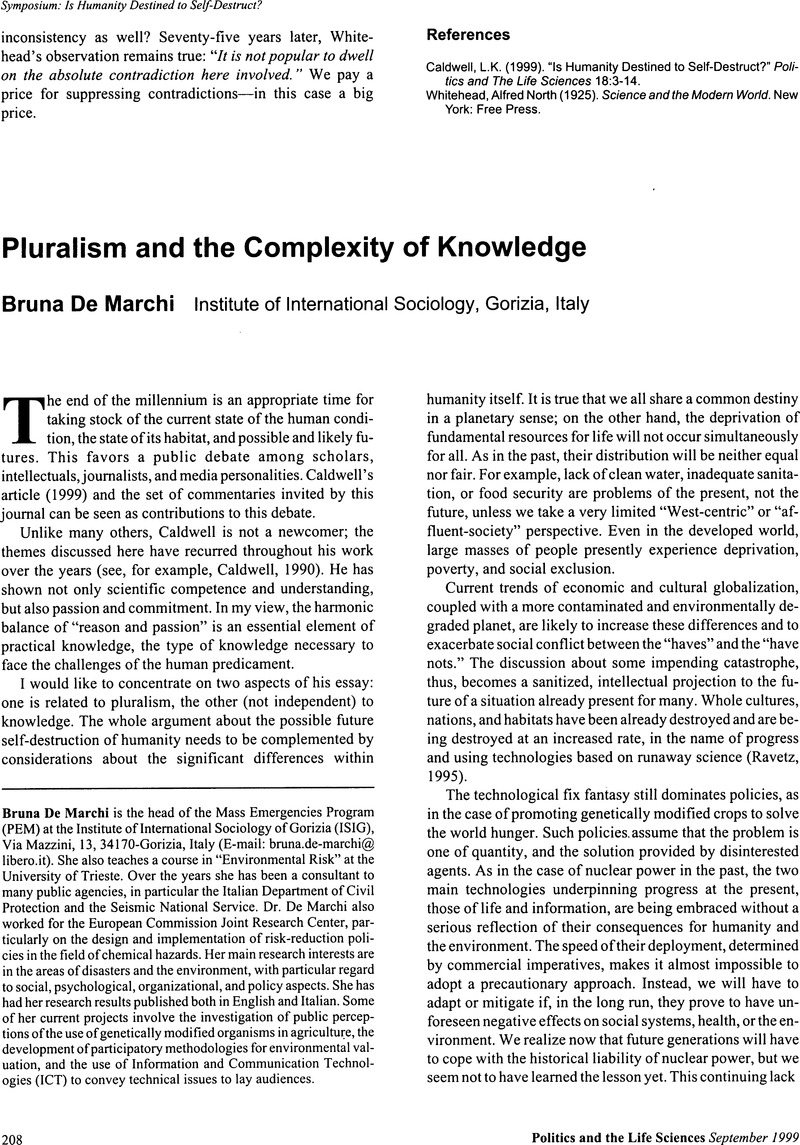Crossref Citations
This article has been cited by the following publications. This list is generated based on data provided by Crossref.
Szanto, David
2022.
Food futuring in Timor-Leste: Recombinance, responsiveness, and relationality.
Journal of Agriculture, Food Systems, and Community Development,
p.
1.





